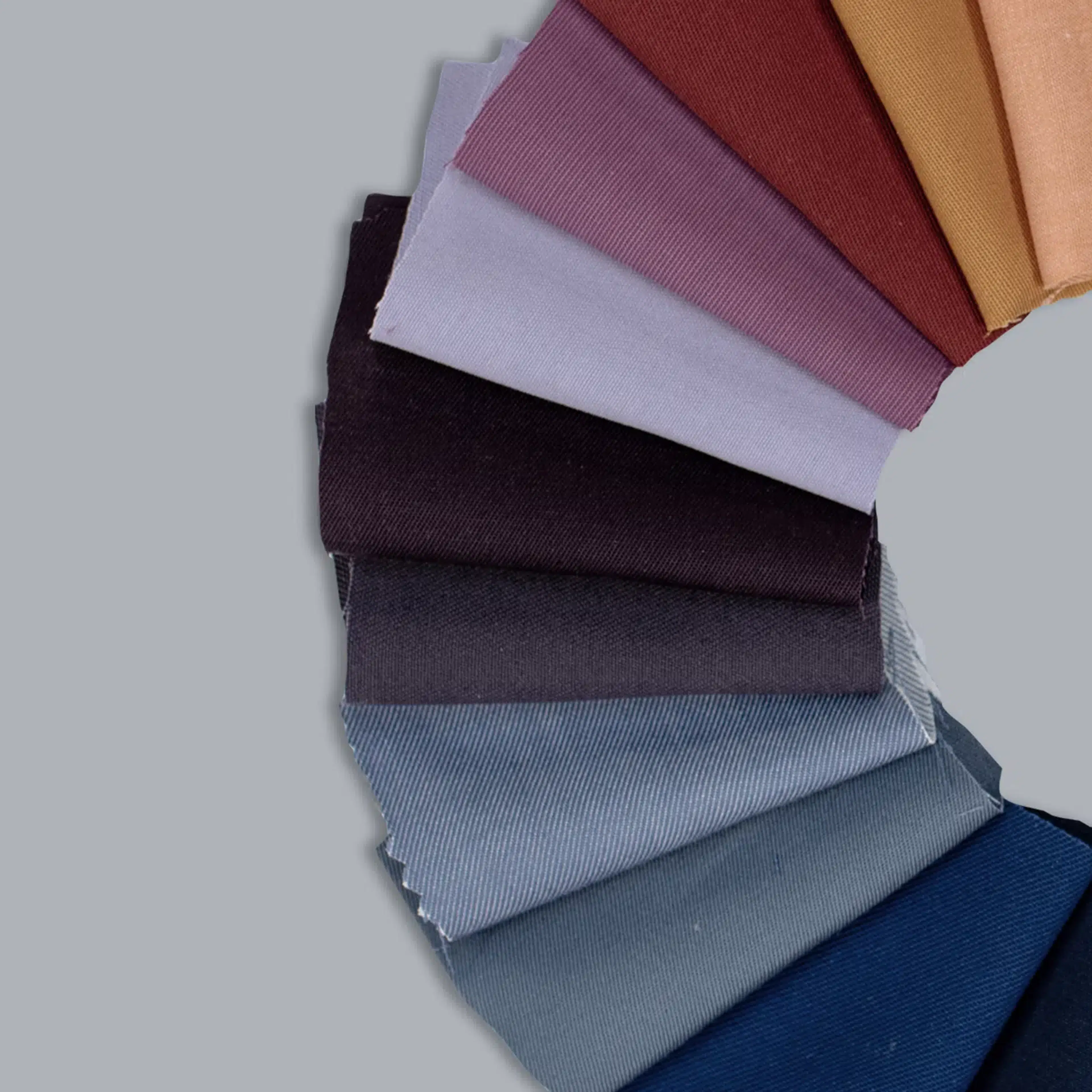At Kentaur, our primary objective is to produce workwear that lasts. Our garments are designed to withstand numerous wears and washes before reaching the end of their lifecycle. This commitment to longevity is not just about delivering high-quality products; it is also about minimizing our environmental footprint. By creating items that are resilient and long-lasting, we reduce the consumption of raw materials and the production of textile waste.
However, like all textile products, our garments eventually reach the end of their lifecycle. Rather than discarding them, we believe in giving them a second chance through circularity.
That's why we have partnered up with recycling experts who specialize in transforming textile waste into new fabrics.
CIBUTEX
Founded in 2022 by companies like Blycolin, Dibella, Edelweiss, Lamme, and Nedlin, CIBUTEX is dedicated to promoting circularity in business textiles.
CIBUTEX collaborates closely with upcyclers who require significant quantities of B2B post-consumer waste/resource textiles for their upcycling processes. These textiles must be white and composed of 100% cotton or blends with a maximum of 50% polyester.
Renaissance
Like CIBUTEX, Renaissance also reuses our white cotton and polyester textile waste. In 2024, we sent the first cutting waste from production in Poland to Renaissance and are planning to send more in the future.
While not all our garments can be reused through CIBUTEX and Renaissance, we are proud to contribute to the circular economy in every way we can. Moreover, we will continue to work on finding solutions for our colored textiles.
Fabric Cutting waste
Although we aim to use as much of our fabrics as possible when creating new products, we still produce pre-consumer waste in the production process. To make sure that our cutting waste is used in new ways, we collaborate with:
Rester
Rester recycles both post- and pre-consumer waste. The company recovers fibers and turns them into new fibers or various non-woven materials, such as insulation, acoustic panels, and filter fabrics, as well as composite.
In addition to our collaboration with recycling specialists, we are continuously seeking other alternatives to help minimize waste. For instance, we have created bags and other merchandise from discarded fabrics, and aprons and outdoor jackets from cutting scraps. We have passed on discarded fabrics to companies like Vær and Amolia, who have utilized these materials in their production to create shoes and toiletry bags. Moreover, we have donated products, including fabrics, to nonprofit organizations like the Red Cross.
There is still a long road ahead, but our drive to minimize waste and push the industry forward never wavers. At Kentaur, we are sewing the seeds of a more sustainable future, one stitch at a time.
